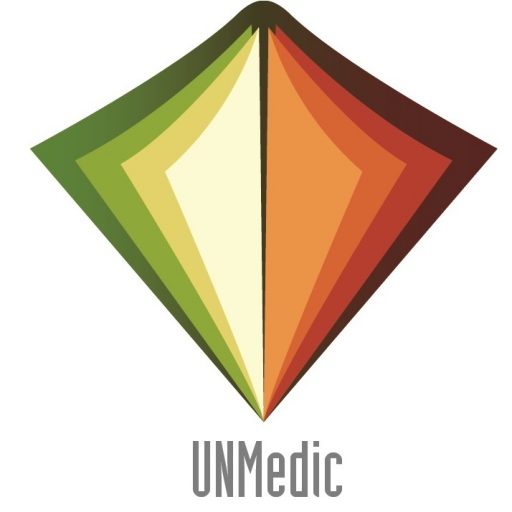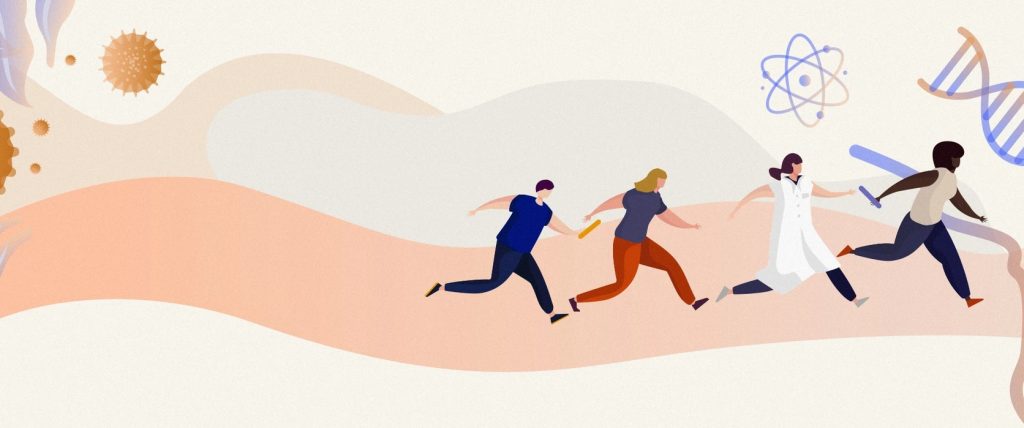By Jo Willey, journalist and former Daily Express Health Editor whose work also appears in the Daily Mail, The Mail on Sunday, and The Sun
For so long, curing or eliminating any cancer has seemed like nothing more than a pipe dream. But that is starting to change. Advances in our understanding of tumour biology and how they’re triggered, diagnostics and a new era of targeted cancer immunotherapy treatments mean that dream is now starting to become a reality.
When Roger Bannister broke the four-minute mile barrier in 1954, he achieved what runners had been striving to do since 1886. Just 46 days later his record was beaten and, since then, more than a thousand others have done what for so long had seemed an unconquerable feat.
But that’s the thing about breakthroughs. It takes just one momentous push for the barrier to be breached, for the impossible to become possible and the possibilities to expand and accelerate.
Scientific breakthroughs come from constantly learning and building on what others have done and we are now at a stage in history where our understanding of diseases and how to diagnose, treat and even prevent them has never been greater.
This century has seen a revolution across science, technology, digital, data and genomics which is propelling scientists ever-closer to what has long been a Holy Grail of scientific and medical endeavour – curing cancer. This ever-expanding knowledge has led to a raft of remarkable innovations, tools and treatments which have brought the complete elimination of one form of the disease – cervical cancer – within reach.
The successful elimination of cervical cancer needs a global approach, and we need to be able to address the entire spectrum of the disease from prevention to detection to treatment.
Dr Yvonne Lin-Liu
Senior Medical Director
“Women are often a key pillar of many families and key contributors to society and cervical cancer often affects them in the prime of their life which is why eliminating this disease is so crucial,” says Dr. Yvonne Lin-Liu, Senior Medical Director, Roche, who is also a practicing board-certified academic gynecologic oncologist in San Francisco.

